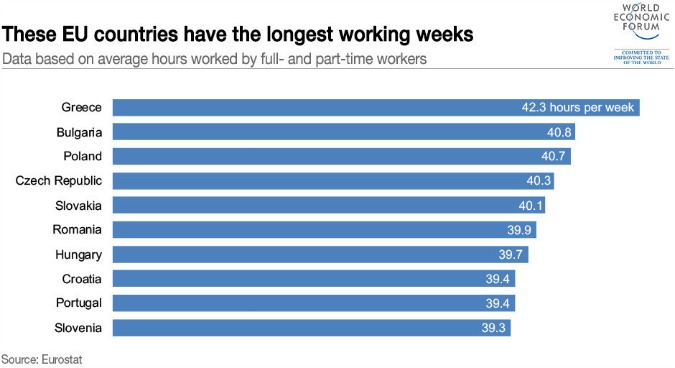Much has been made about the family-friendliness of life in the Czech Republic with a number of surveys suggesting that its affordability, education, healthcare, and quality of life makes the nation an idyll for family-oriented incomers.
But a new study from the Research Institute for Labor and Social Affairs suggests that in reality, Czech families and in particular Czech women, spend less and less time with their families as part-time jobs and flexible work opportunities are increasingly difficult to come by.
The study found that up to 30 percent of women are not engaged in any activities with their partners, while an international comparison shows that mothers in the Czech Republic with children between six and fourteen years of age work much more than mothers in most OECD countries.
“The mother’s workload in the Czech Republic outclasses the United States, Switzerland, and the UK,” says Marie Oujezdská, Vice-President of the Family Association of the Czech Republic.
The only country where mothers are worse off in terms of working hours is in Mexico.

Job trends like unlimited vacation and shortened workweeks have been implemented by some employers. Česká spořitelna offers the possibility of shorter working hours and parental leave for fathers to hundreds of their employees.
“We started the shortened workloads about five years ago,” Olga Zápecová, manager of the Otis elevator company, told the daily Metro.
According to Oujezdská, however, such companies are still relatively rare.
The well-documented wage gap and other factors such as carrying the burden of household chores make it even more difficult for women to carve out family time while the country’s maternity leave policies have long been criticized by watch groups as effectively keeping Czech women out of the workforce.
Commenting on the study to iDnes, Czech psychologist Jeroným Klimeš called Czech society “antipopulative,” or in opposition to the kind of family development that supports emotional stability.
“More than half of parents in the Czech Republic are not satisfied with the amount of time they spend on their children. And only a third of parents are happy with the amount of time they spend with their partner,” Oujezdská said.
Yet another recent study offers more data that doesn’t reflect well on the Czech work-life balance: according to Eurostat data, which combines full and part-time employment hours, the Czech working week is one of the longest in the EU, with Czechs spending 40.3 hours on the job per week.













 Reading time: 2 minutes
Reading time: 2 minutes 

















